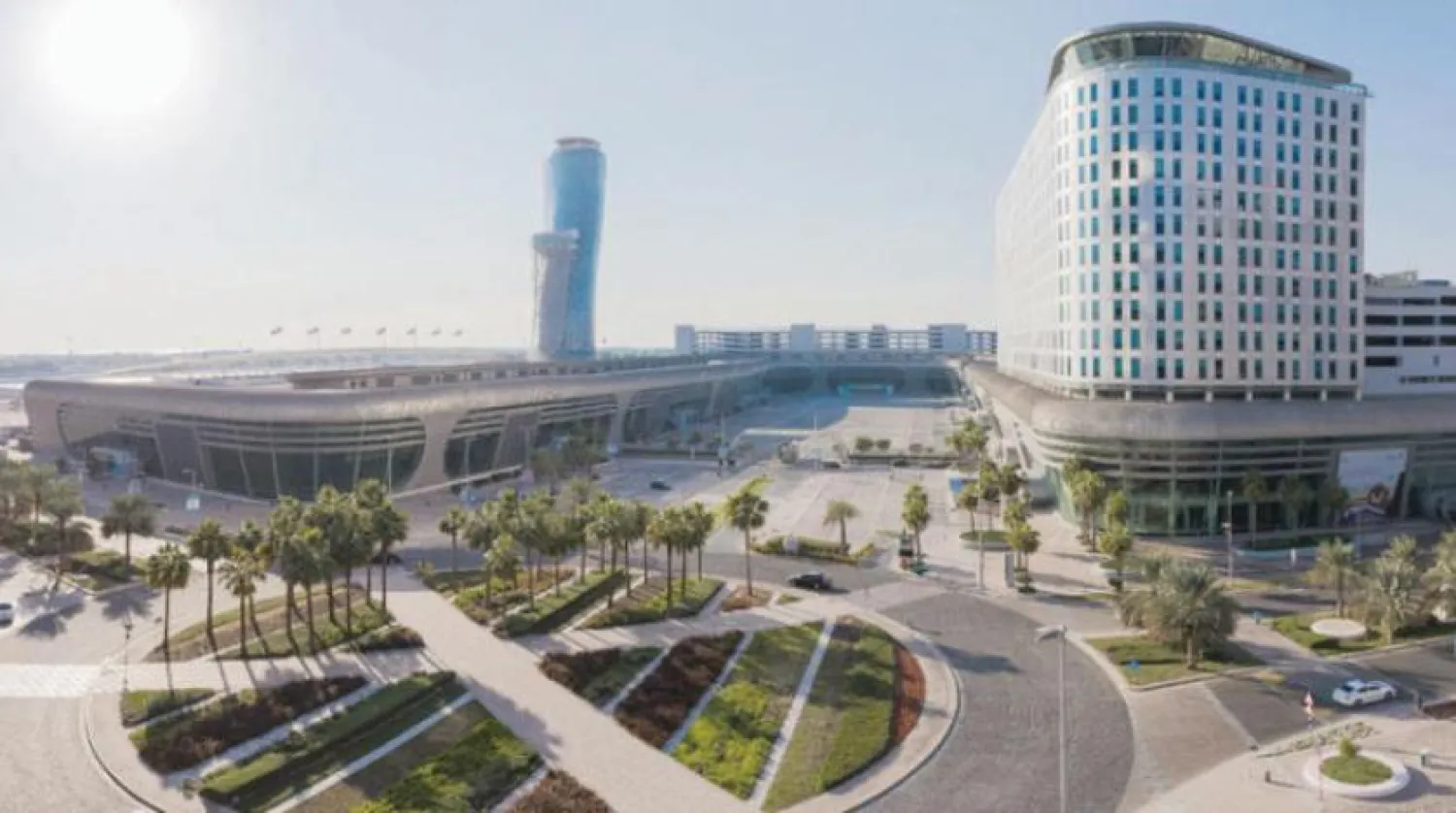Etihad Airways and ADQ, one of the region’s largest holding companies, announced Thursday a proposed transaction that will support the ongoing transformation of Etihad Airways and the future growth of the civil aviation sector in Abu Dhabi.
As part of the proposed transaction, a number of Etihad’s businesses providing airline support services will become part of a new ADQ aviation company.
Once the transaction is complete, the airline support services businesses will benefit from being part of ADQ’s broad mobility and logistics portfolio, which includes Abu Dhabi Airports and AD Ports Group.
The businesses included in the proposed transaction are Etihad Engineering, Etihad Airport Services Cargo, Etihad Airport Services Ground, Etihad Aviation Training, Etihad Secure Logistics and Etihad Technical Training.
Additionally, the proposed transaction will see two Etihad businesses join Abu Dhabi National Exhibition Company (ADNEC).
Etihad Airport Services Catering will combine with ADNEC’s catering business Capital Hospitality, and Etihad Holidays will join ADNEC’s tourism promotion business, Tourism 365.
The proposed agreement marks the start of a new chapter for Etihad Airways, allowing the airline to further sharpen its focus on its core business and respond with greater agility to market opportunities as global travel demand rebounds from COVID-19.
CEO of ADQ Mohamed Hassan al-Suwaidi said that “with the proposed addition of Etihad’s experienced aviation support businesses to our new dedicated aviation company, ADQ is primed to develop an integrated aviation platform that is driven by performance and a robust financial foundation through its new company.”
“With an integrated mobility and logistics portfolio that plays a leading role in the development of Abu Dhabi’s global connectivity, we are well-positioned to unlock the growth potential of these aviation services businesses,” he added.
Humaid Matar al-Dhaheri, Managing Director and Group CEO of ADNEC, for his part, said that the inclusion of Etihad Airport Services Catering and Etihad Holidays supports Abu Dhabi’s strategy, which aims to achieve integration between various business units across exciting economic sectors.
“This step will enable us to go above and beyond the customers’ expectations by building on what has been done already.”
“Our focus remains on achieving milestones and continuing to work to enhance competitiveness at the regional and international levels, as well as increase contributions to the economy of Abu Dhabi and support sustainable development.”









